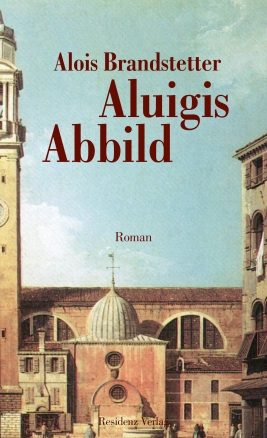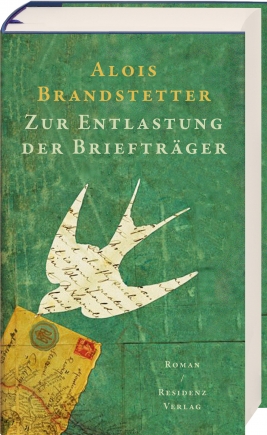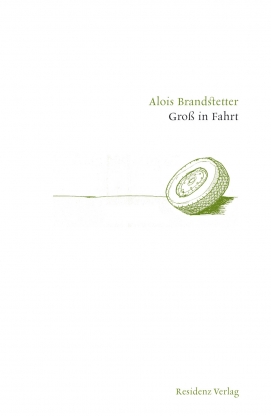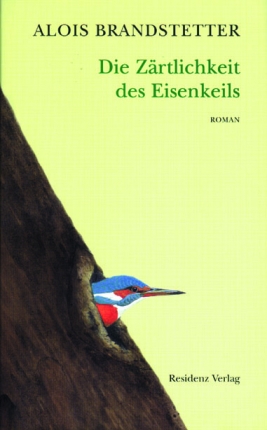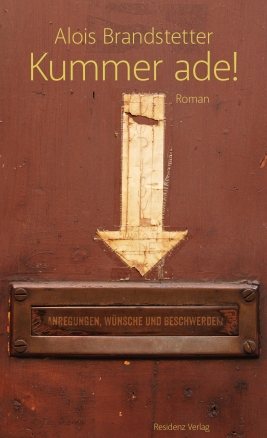
Alois Brandstetter - The missing Suggestion Box
A not so serious true crime novel
Ein humoristischer Kriminalfall
In the summer of 2012, a suggestion box was stolen from the Don-Bosco-Church in Klagenfurt. Did the thief confuse the suggestion box with the offertory box even though it had "Tell us what you think! Suggestions, requests, complaints" written on it? Or was the person who took it fed up with people being fed up with church and state? Or had the thief grown tired of the constant moaning and groaning and ranting and raging wearing out suggestion boxes all over? Or was it some kind of harmony-freak who needed his fix of fixing things? Alois Brandstetter sheds light on this bizarre case. His criminalistic and detective investigation is poetically funny and reveals a number of strange coincidences and clues. An exquisitely witty read!
Book details
128 pagesformat:125 x 205
ISBN: 9783701716142
Release date: 29.08.2013
License rights
- World rights available










